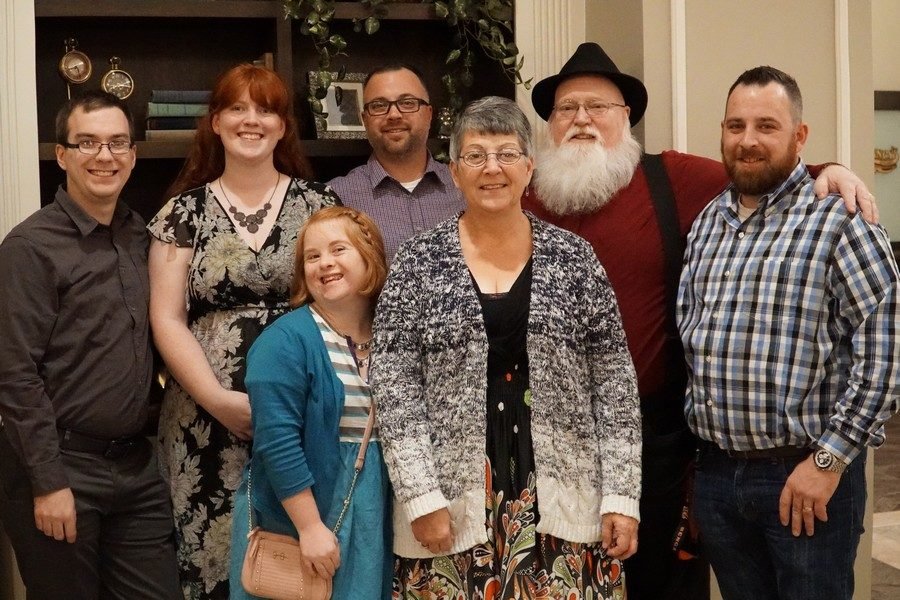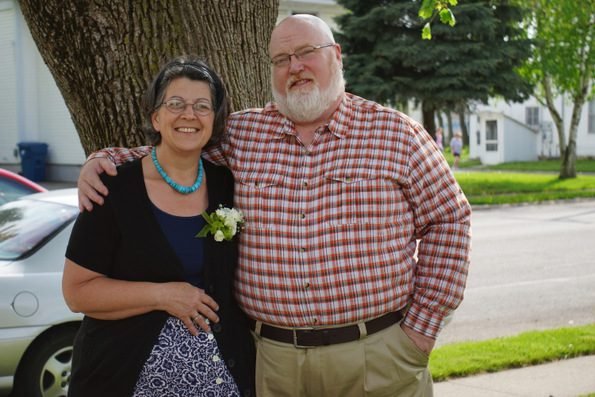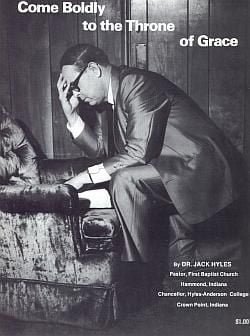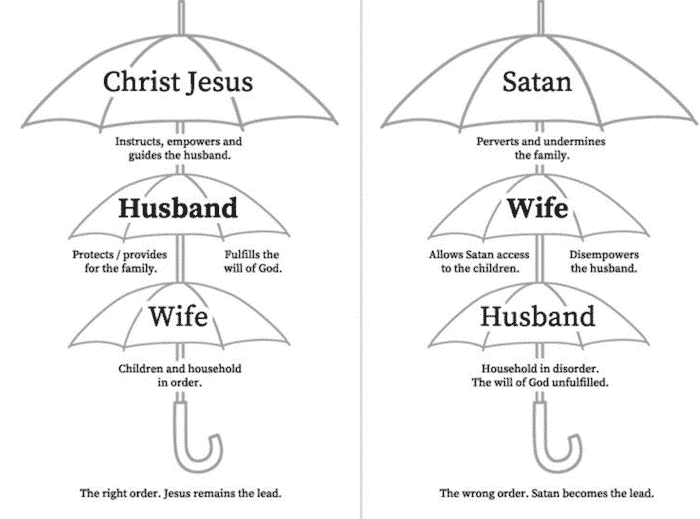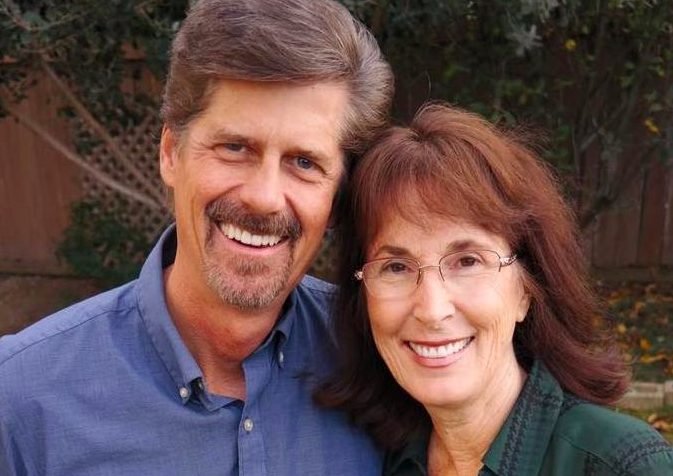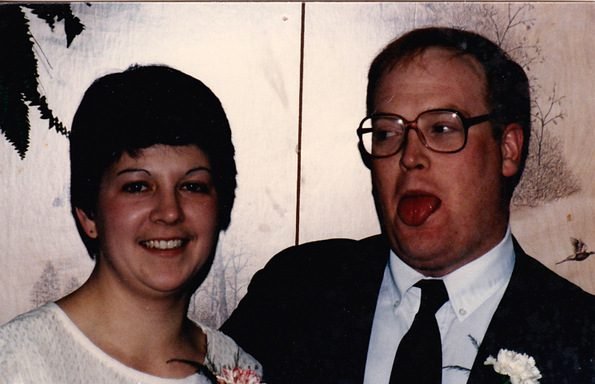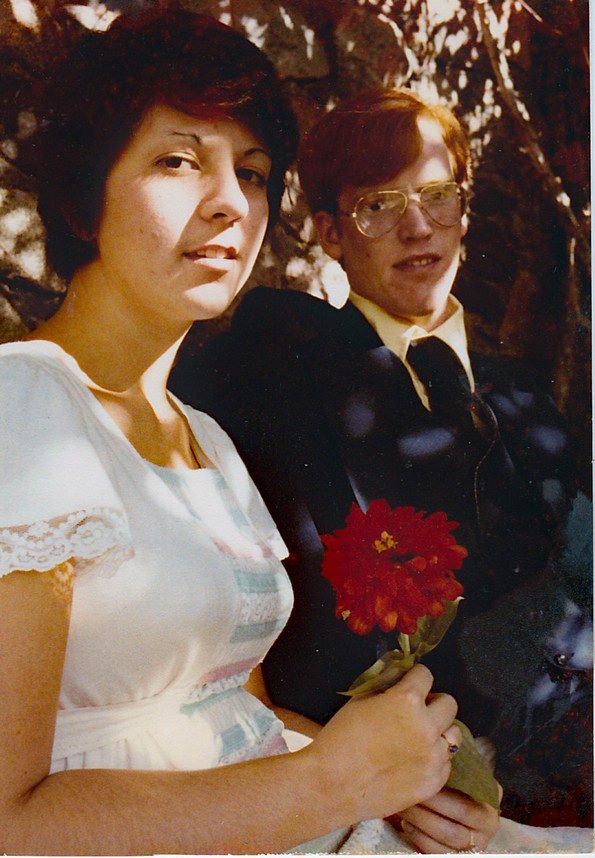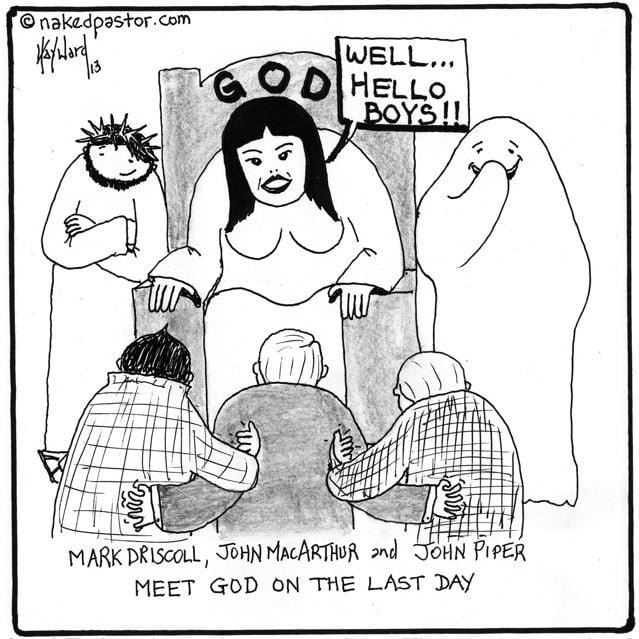
Many (most) Evangelical churches are hierarchical in nature: male God, male pastor, male church leaders, married men, and then women and children. God, of course, comes first. God, of course — because it says so in the Bible — is a HE, not a she. God, of course, determines the order of all things, including the church and home.
God created man first, and then woman. He commanded that men are to be the head of their homes, and women are to submit to their husbands in all things, as unto the Lord. God commanded that women were to be keepers of the home, submitting cheerfully and without complaint to their husbands. Children are commanded by God to joyfully obey their parents in all things.
God commanded that men, as pastors, elders, and deacons, are to rule the church. Only men are permitted to preach and teach during public worship services. Women are permitted to teach other women and children, but they must never, ever usurp authority over men. In some Evangelical churches, women are expected to be quiet during worship services. I knew of one church (Mennonite) where women were not permitted to sing the first note or two of any song lest they are guilty of “leading” men. I attended a number of their services, and the men would start the singing and then the women would join them a note or two later. I knew of another church (Sovereign Grace Baptist) where women were not permitted to speak during the services. If a woman had a prayer request, she was expected to whisper the request to her husband or another man, and he would make the request known. This same church would not allow women to ask questions during business meetings. If a woman had a question, she was to, again, whisper the question to her husband or another man, and he could then ask the question.
In many Evangelical churches, women working outside of the home is frowned upon, if not outright prohibited. In such churches, married women are expected to bear children, cook meals, do laundry, clean the house, teach children, and submit to their husband’s sexual advances — all without complaint or question. Unmarried girls and women are expected to learn domestic duties from their mothers, preparing them for marriage. In some churches, girls are discouraged from having college or career ambitions. Their future was sealed the moment they were born — a life devoted to husband, children, and domestic duties. Some churches do permit young women to attend church-approved Bible colleges, but only for the express purpose of getting an MRS degree.
I can safely say that Evangelicalism, in general, is anti-woman. While it is encouraging to see some churches abandoning complementarianism for egalitarianism, millions of Evangelical women and girls are members of churches that treat them as subservient, inferior, second-class people. Their lives are dominated by the male species, first as daughters, and then as wives. Attempts by women to break free from male dominance are viewed as rebellion against God and the men he has set as rulers over them. In some instances, rebellious women are brought under church discipline, which leads to shunning until they confess their sin and bow in submission to male authority.
People not raised in Evangelical churches will likely read this post and say, Bruce, surely this is satire. It’s 2022 and women are free to be whatever they want to be. It may be 2022 where you live, but for many Evangelical women and girls, it is the 1950s, or the 1850s for that matter. The driving belief behind the anti-abortion, anti-birth control movement is that God has commanded women to marry, spread their legs when asked by their husbands, and bear lots of children. Women who chase dreams of higher education, athletics, or careers are living lives contrary to God’s plan and his divine order for families and societies. According to more than a few Evangelical preachers, much of what is wrong with the world can be traced back to women not accepting their God-given role as mothers and keepers of the home.
Imagine, for a moment, being raised in churches where women are treated as I mentioned above. Week after week, month after month, year after year, you are reminded of your second-class status before God and man. Sunday after Sunday, your preacher reminds you of your place in the home and church, and your duty to submit to your husband and male church authority. Imagine being a bright, inquisitive girl who has great ambition, only to have these things stomped into the ground by men who say they know God’s plan for your life, and that plan does not include college, athletics, or a career. Even worse, imagine when one of these “godly men” sexually harasses, molests, or rapes you, and if you dare report it, you are blamed for the man’s perverse behavior.

Outsiders rightly ask, why would any woman willingly submit herself to such psychological abuse? Why don’t they stand up against patriarchal thinking and demand equality? Surely, these women want more for their lives than babies, casseroles, and watching the church nursery? Unfortunately, for many women, they were raised in churches that devalued women and it is the only thing they know. Imagine being repeatedly threatened with judgment and chastisement from God if you dare to demand the same opportunities in life as men. Being told over and over that God wants you to live a certain way and living otherwise could lead to pain, loss, and even death, is sure to result in obedience and conformity. Such conditioning and indoctrination lead to tragic outcomes.
According to Evangelicals, preachers are God-ordained keepers of divine order. Through their preaching and modeling, women are shown how God wants them to live. Using a plethora of Biblical proof texts, women and girls are frequently reminded of their place, and that not accepting that place means they are being sinful, rebellious, and disobedient to God. These preachers literally demean and harass female congregants with their sermons and Bible quotations. Girls come into this world rebellious against God’s constituted order, and it is up to preachers to use the Bible to beat the rebellion out of them. Countless effervescent girls have been turned into dowdy, rarely-smiling, obedient women who no longer have dreams of life beyond the bed, cradle, or kitchen. Such preaching can and does suck the life out of women, turning them into servants of the male God, their husbands, and male-controlled churches.
The good news is that many Evangelical women are tired of being treated as doormats. They are tired of having their ambitions drowned out by their husbands’ wants, needs, and desires. Evangelical teen girls are increasingly rebelling against their fathers and pastors, demanding that they be treated with decency and respect and afforded the same opportunities as boys. I know of a number of women who demanded the right to take college classes. Many of these women, once they graduated from college and figured out they could live on their own, left their churches and divorced their husbands — proving to Evangelical troglodytes that women must be tethered to the home lest they overthrow God’s order.
My wife and I grew up in churches where complementarianism was frequently preached from the pulpit; churches where women were expected to be married, barefoot, and pregnant; churches where women were expected to do menial labor while the men sat in the gates and did the “real” work of ruling nations, churches, and homes. It should come as no surprise, then, that when Polly and I married, we had what was commonly called a “traditional” marriage, with me being the patriarchal head of the home, and Polly devoting herself to domestic chores and children. Fortunately, both of us saw the light, resulting in fundamental changes to our marriage and home. Some of this change was driven by my health problems. I worked for much of our marriage and Polly quietly and happily maintained the home. When fibromyalgia, osteoarthritis, degenerative spinal disease, and gastroparesis forced a change of roles, our marriage changed too — for the better, I might add.
The girl I married in 1978 was quiet, soft-spoken, and content to let me be the boss. The bad-ass woman I am now married to is still quiet and soft-spoken, but that boss thing? That ain’t happening. Both of us will admit that we have struggled with our changing marital dynamic. It wasn’t easy at first. It has taken years for the bad thinking from our patriarchal past to be transformed into egalitarian thinking that values and respects people regardless of their sex. Even now, both of us can, on occasion, fall back into our former way of life. I still, at times, want to be the boss, and Polly is content to let me make decisions, especially those that could have negative outcomes. Our new, ever-evolving relationship has taken a lot of conversation, arguing, and forgiving. I can honestly say that our marriage today is better than it ever has been. I love and respect Polly more than ever, even when she still refuses to know what she wants to order when we pull up at a fast-food order window. 🙂 Each of us recognizes the other’s strengths and weaknesses and our divisions of labor are determined by expertise and not some verses from an outdated, ancient religious text. It’s unlikely that we will ever have the “perfect” marriage, but I can safely say that what was begun almost forty-four years ago continues to blossom and grow.
Bruce Gerencser, 66, lives in rural Northwest Ohio with his wife of 45 years. He and his wife have six grown children and thirteen grandchildren. Bruce pastored Evangelical churches for twenty-five years in Ohio, Texas, and Michigan. Bruce left the ministry in 2005, and in 2008 he left Christianity. Bruce is now a humanist and an atheist.
Connect with me on social media:
Your comments are welcome and appreciated. All first-time comments are moderated. Please read the commenting rules before commenting.
You can email Bruce via the Contact Form.


